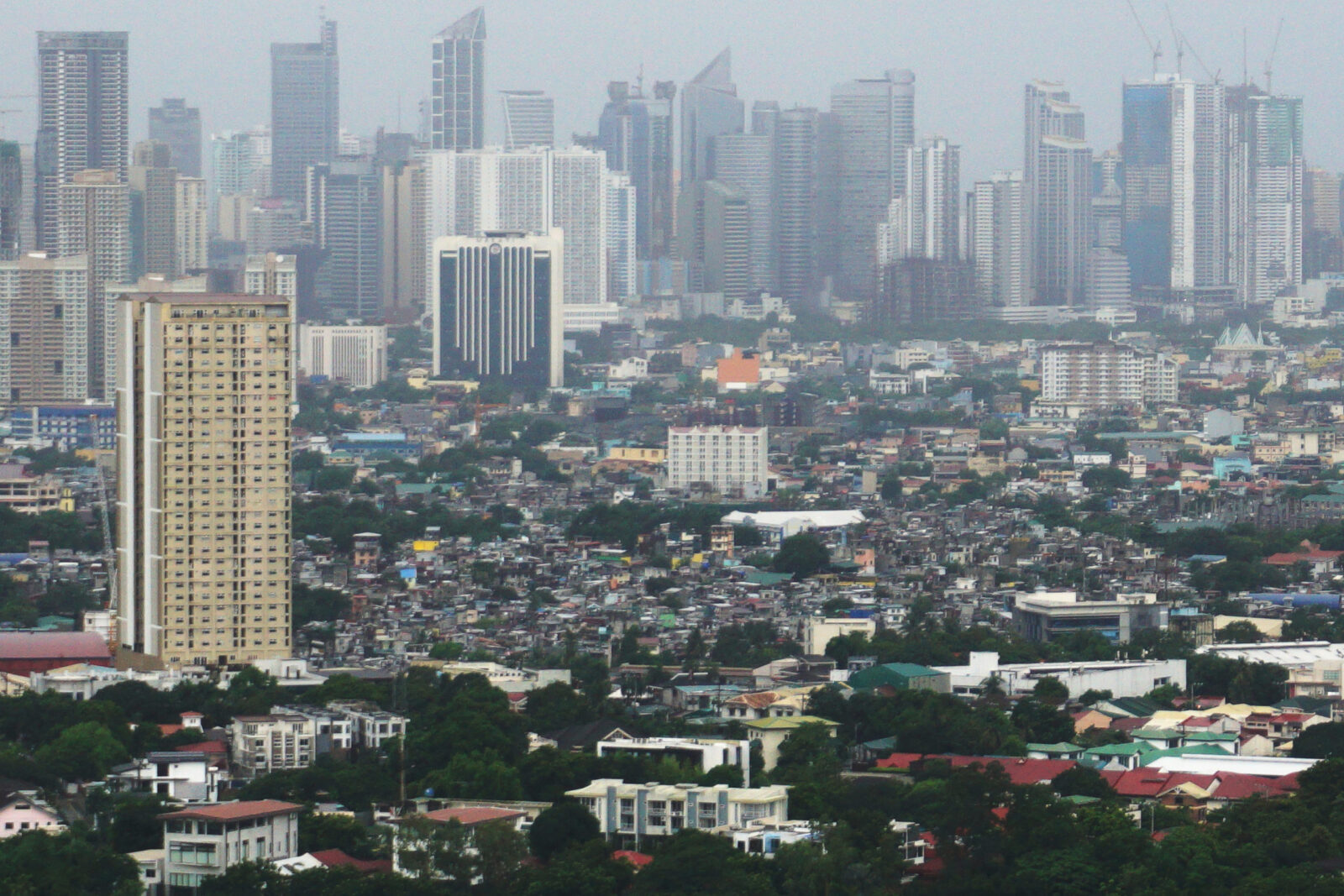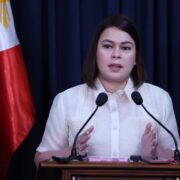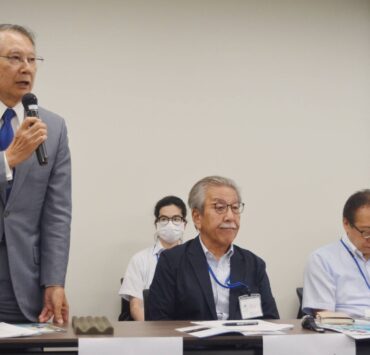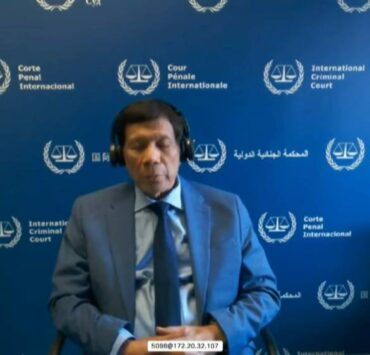Data dump: Where LGUs need help to turn numbers into action

Local government units (LGUs) across the country are awash with health or tourism data— from the number of jellyfish sting incidents to the available hotel rooms in urban centers.
But without analysts to interpret the figures, many LGUs are struggling to turn the mass of information into actionable programs.
In Bohol province, for example, where both health and tourism are central to development, provincial officials say the lack of data interpretation is holding back effective policy.
Collection—then what?
“There is weekly reporting of cases, incidents regarding health from womb to tomb. We report it all,” said Dan Bantugan, health education and promotions officer of the Bohol Provincial Health Office.
“We have a lot of data, but they are not analyzed. They are just collected and submitted to the national level or regional level,” Bantugan said during a forum held on June 26 by the Department of Science and Technology (DOST).
Bohol collects health information through the Field Health Services Information System, which gathers reports from barangay health stations, rural health units and municipal health offices.
“[But] it’s more on collection, not analysis,’’ he said, noting that health researchers are “badly needed” at the local level to study data for policymaking.
For example, the province regularly monitors the condition of children and mothers to identify cases of malnutrition, but “there’s really no research that says this or that should be done.”
“We just see high cases of malnutrition, we support them, or advocate, or supply them with nutritional assistance,” Bantugan said.
Useful in tourism
The province uses an app called EDCS-IS that allows real-time, weekly reporting of health data from LGUs.
But according to Bantugan: “We just collect the data and submit it. We don’t analyze. We just see if there’s an increase. If there is, we investigate. If there’s no significant increase, we just submit it to the region. No further analysis conducted.”
The lack of analysis doesn’t just affect health—it also limits policymaking in tourism.
Gina Kapirig of the Bohol Provincial Tourism Office said they track data such as room availability and visitor statistics but struggle to translate them into actionable strategies.
“We need suggestions. We would like [academics] to research on that and inform us so we can forward it. The data is really important,” she said. Mapping tourist areas in relation to transportation hubs and hospitals is one way data can guide planning.
They tend to be boring
Bohol, designated as the Philippines’ first Unesco Global Geopark in 2023, saw a major tourism rebound postpandemic. Visitor arrivals nearly doubled from 535,803 in 2022 to 1,012,854 in 2023, including domestic and international tourists.
Kapirig noted that public health is a core part of sustainable tourism. She emphasized the importance of academic collaboration, especially for sensitive issues like HIV prevention. From 2020 to 2024, Bohol reported 433 HIV cases, mostly among males ages 15 to 34—numbers that may be underreported.
Kapirig also note that while LGUs may be adept at collecting data, they still lack the skills to convey their potential uses.
“Sometimes people can get bored with data. It has to attract attention. It has to be communicated creatively,” she said.
The concerns were raised during a forum in Tagbilaran City, Bohol, organized by the DOST’s Philippine Council for Health Research and Development.
Kapirig and Bantugan also encouraged members of the academe to proactively approach local governments to help turn research into action.

















